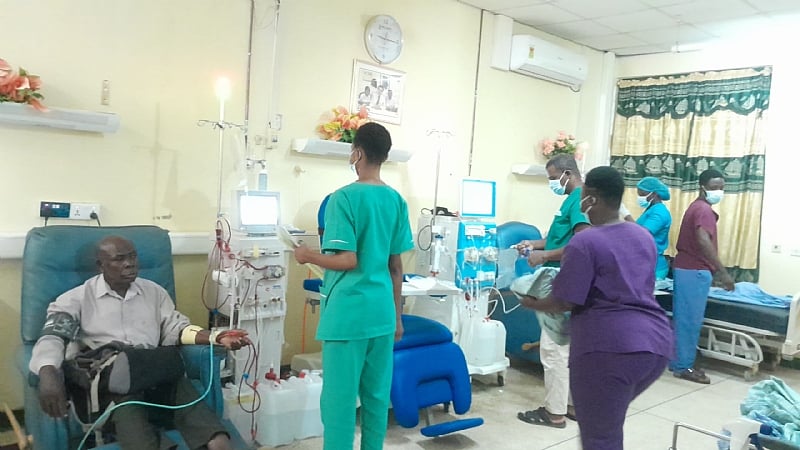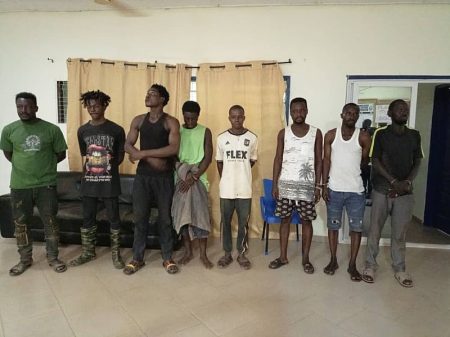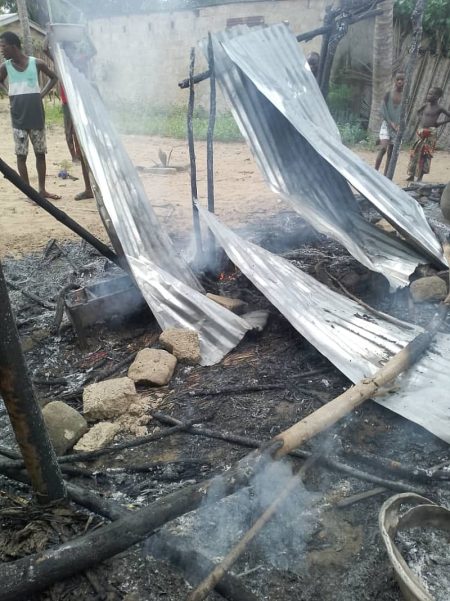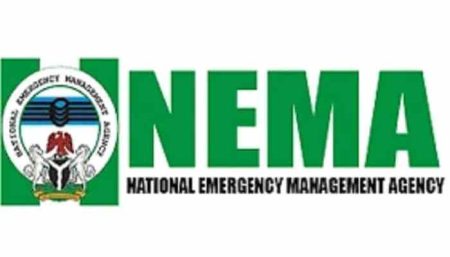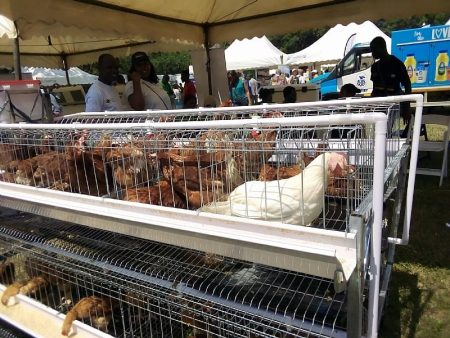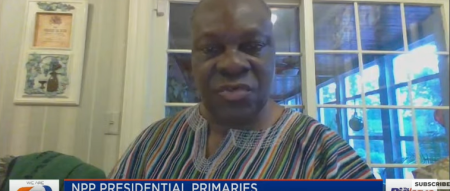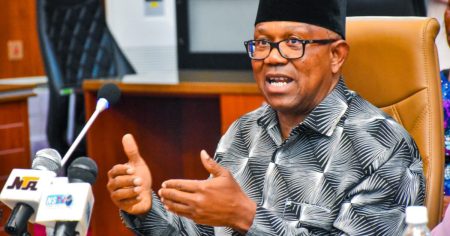The Renal Patients Association of Ghana has issued a fervent appeal to the government to alleviate the financial burden faced by kidney patients undergoing dialysis. Their primary request is for the government to subsidize, or ideally, fully cover the cost of Erythropoietin (EPO) and iron supplements, essential medications for these patients. These medications are crucial for managing anaemia, a common complication of chronic kidney disease. The Association acknowledges and commends the government’s existing free dialysis policy but emphasizes that the out-of-pocket expenses for EPO and iron remain a significant barrier, hindering access to life-sustaining treatment for many patients and tragically leading to preventable deaths. This appeal was made during a donation of EPO and iron supplies to the Dialysis Unit of the Cape Coast Teaching Hospital, a gesture intended to provide immediate relief to patients struggling with the cost of these essential medications.
The financial strain imposed by the cost of EPO and iron is substantial. EPO injections, costing between GHC130 and GHC150, along with iron supplements priced at GHC100, represent a significant financial burden for many patients, often forcing them to forgo treatment, accelerating the progression of their disease and ultimately leading to premature deaths. The Association highlighted the critical role of these medications in maintaining stable haemoglobin levels, essential for patients undergoing dialysis. Dialysis itself removes a portion of the blood, further exacerbating anaemia. Without EPO to stimulate red blood cell production and iron to facilitate haemoglobin synthesis, patients become increasingly anaemic, jeopardizing their health and survival. The Association underscores the urgency of government intervention to address this issue, advocating for the inclusion of EPO and iron supplements in the National Health Insurance Scheme or the forthcoming Mahama Care health policy.
While expressing gratitude for the free dialysis program, which has significantly reduced mortality rates among kidney patients, the Association advocates for further expansion of government support. Specifically, they propose the inclusion of dialysis fistula procedures under the Mahama Care policy. A fistula is a surgically created connection between an artery and a vein, providing reliable access for dialysis. While more expensive initially, fistulas offer long-term benefits, reducing complications and improving quality of life for patients. The president of the Association, speaking from personal experience with a fistula that has lasted over nine years, stressed the importance of this procedure and urged the government to incorporate it into the policy to ensure long-term access to effective dialysis.
The Association’s appeal is echoed by patients who shared their personal struggles with affording EPO and iron. Their testimonies underscore the dire situation faced by many kidney patients, highlighting the life-saving role of these medications. They expressed hope that the government would heed their call and provide either free access or substantial subsidies for these essential drugs, making treatment more affordable and accessible. Furthermore, they advocate for increased investment in dialysis infrastructure, urging the government to procure more dialysis machines and distribute them to district hospitals. This decentralization of services would bring treatment closer to patients, reducing the travel burden and improving access for those in remote areas. Currently, many patients face long and arduous journeys to access dialysis services, a significant obstacle particularly for those with limited resources and mobility.
The call for government intervention is further supported by medical professionals working in dialysis units. They attest to the critical role of EPO and iron in treating anaemia in kidney patients, emphasizing the significant impact these medications have on patient well-being and survival. They also express gratitude for donations from organizations like the Renal Patients Association but acknowledge that such donations, while valuable, are insufficient to meet the long-term needs of all patients. They therefore join the call for sustained government support in the form of subsidized or free provision of these essential medications.
The overall appeal from patients, medical professionals, and the Renal Patients Association is for a more comprehensive and accessible approach to kidney care in Ghana. While the existing free dialysis policy represents a significant step forward, the financial burden of EPO and iron, along with the limited access to dialysis facilities, continues to pose significant challenges for many patients. The call for government intervention is a plea for a more inclusive and equitable healthcare system that ensures all kidney patients have access to the essential medications and services they need to survive and maintain a reasonable quality of life. This includes not only addressing the immediate cost of medications but also investing in long-term solutions such as fistula procedures and decentralized dialysis services to improve the overall landscape of kidney care in Ghana.





